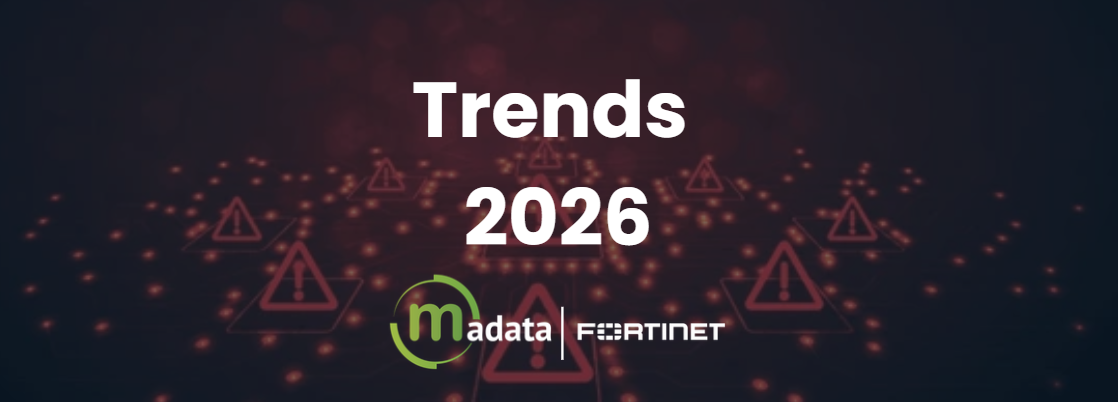Cloud Computing Services are increasing their presence worldwide. Companies of all sizes and sectors are discovering their great potential and the short-, medium-, and long-term benefits they can reap.
Benefits include avoiding large investments by not worrying about the hardware infrastructure or virtualizations (reducing costs on servers, etc.), the installed operating systems (licenses, updates, etc.), or even the software or platforms that will be used (versions, compatibilities, etc.).
To clarify the differences between each service, we will define each term in this article with examples for your better understanding. There are three main cloud computing services, each covering a certain degree of service. These are:
- IaaS: Infrastructure as a Service, in Spanish: infrastructure as a service.
- PaaS: Platform as a Service, in Spanish: platform as a service.
- SaaS: Software as a Service, in Spanish: software as a service.
There is a wide variety of providers for each of these services, making it easy for companies to choose the service that best suits their needs. Companies like Amazon, Google, SAP, and Madata offer some of the best IaaS, PaaS, and SaaS services.
Let's Start with Defining IaaS
Infrastructure as a Service (IaaS) allows you to avoid the cost and need of purchasing and managing physical servers and data center infrastructure. By contracting this hardware, you can choose the capacity of the processors, hard drive storage space, and RAM memory.
IaaS includes the 3 basic services for a company to take its IT to the cloud: Data center physical plant, network firewalls, servers and storage.
IaaS Example
Let's look at an example of IaaS with Amazon Web Service. These are its main characteristics.
- Amazon Web Service is Amazon's cloud service provider. Amazon Elastic Compute Cloud (EC2) is a core part of the cloud computing platform. It allows users to rent virtual computers on which they can run their own applications. EC2 allows you to choose from a variety of CPUs, RAM, hard drive storage, and network transfer capabilities.
What Is PaaS?
Platform as a Service is a cloud computing service that provides an on-demand environment for developing, testing, delivering, and managing software applications.
PaaS makes it easier for developers to quickly create web or mobile applications, allowing them to not worry about the administration and configuration of servers, storage, networks, and databases necessary for development.
In addition to the 3 basic services offered by IaaS, we can add Operating systems and development tools, database management, and business analysis to PaaS.
PaaS Examples
A good example of PaaS is Google App Engine. Their characteristics are:
- Google App Engine: Allows the customer to focus on building and configuring their applications, giving Google the responsibility of provisioning the necessary resources. The load leveler is responsible for increasing the necessary resources according to the needs of the applications, freeing the worry of scalability.
SaaS Definition
Software as a Service largely encompasses IaaS and PaaS services. SaaS providers host and manage the applications and underlying infrastructure and handle maintenance, software updates, and security patches.
Any user can access company applications from anywhere without having to have them installed on a local computer. Talking about cloud software is the same as talking about SaaS.
Examples of SaaS
An excellent example of SaaS is SAP S/4HANA Cloud.
- SAP S/4HANA Cloud: Can be deployed on public and private cloud networks. Users can access the database without any hardware, database, or IT support. The cloud version manages everything, and by saying everything, we are talking about operating systems, servers, storage, applications, runtimes, and networks.
Main Differences Between IaaS, PaaS, and SaaS
The needs of each company always vary, and Cloud Computing Services are easily adjusted. One of the main characteristics to consider is that PaaS and SaaS are built on an IaaS since the user does not worry about everything related to infrastructure.
Another difference is that in IaaS, the user has access to the installed code, while in SaaS, they do not. In an IaaS environment, the security of the installed applications is the responsibility of the user, who must pay attention to the version, while in a PaaS and SaaS environment, the security of the installed applications is the responsibility of the service provider.
MADATA - Tech Solutions
At Madata,, we offer hosting solutions in both public clouds and our private cloud, or we can size your own servers and data centers. We take care of showing you the technological solutions that meet your business's needs.
Write to us at contacto@madata.com. We are your best ally in IT.







